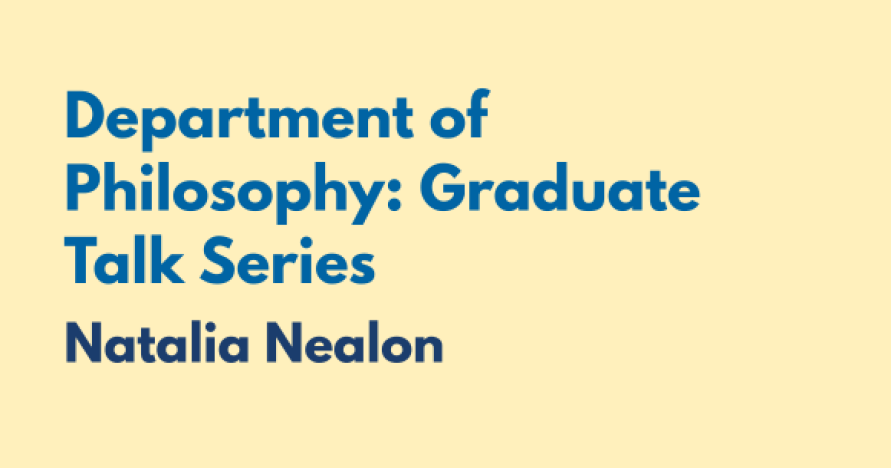
“Trust and Attention: Addressing Testimonial Justification”
One major debate residing within the philosophy of testimony centers around the role of justification in testimonial knowledge. For reductionists the absence of undefeated defeaters is not sufficient for the hearer to form justified, testimonial beliefs or knowledge. A hearer must be able to reflect upon their positive reasons for accepting a speaker’s testimony. Conversely, anti-reductionists view testimony as a basic source of justification; if no relevant defeaters are present, a hearer is justified in accepting a speaker’s assertion. Attempts have been made to erode tensions between the antireductionist and reductionist camps. Such accounts have aimed at appeasing the reductionist need for reflective testimonial justification, while maintaining that testimonial knowledge does not require positive reasons for acceptance. While a step in the right direction, there are some important elements of testimonial justification that are still missing, namely the role of unconscious processes that inform acceptance in a positive manner. This is particularly apparent when considering the role of trust and attention. I propose that these nuances expose a misrepresentation of testimonial justification when dividing between reductionism and antireductionism. I argue, instead, that testimonial justification be divided into four categories, based on each view’s incorporation of positive reasons and reflective access.
